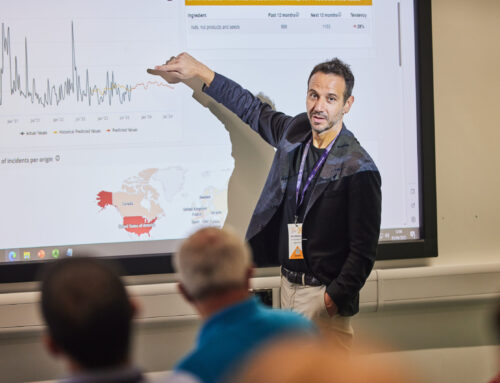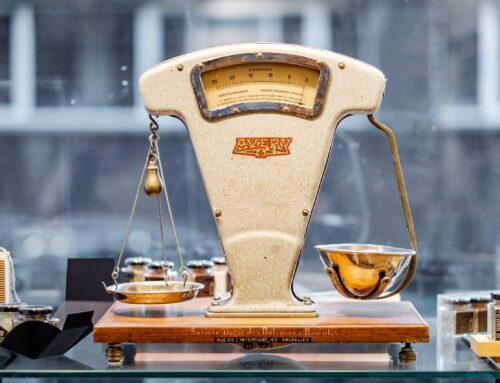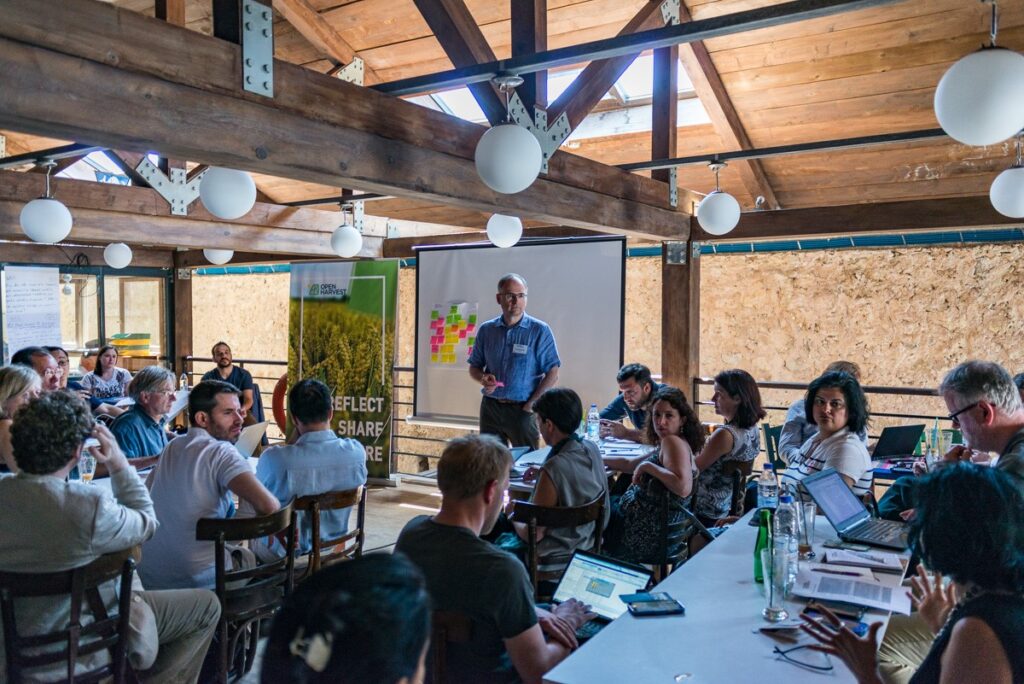
In the GODAN Data Ecosystem White Paper of 2016, it was boldly stated:
Agriculture would benefit hugely from a common data ecosystem. Produced and used by diverse stakeholders, from smallholders to multinational conglomerates, a shared global data space would help build the infrastructures that will propel the industry forward.
At Agroknow, we truly share this vision. The arguments made in this GODAN publication still resonate for us:
- Information should become available to all actors producing innovation.
- Analytical and decision making tools should be able to incorporate a greater abundance of data sources.
- Online services and applications should be to access machine readable and interoperable versions of the data.
Nevertheless, to seamlessly integrate all the data platforms and make them work together, necessary infrastructure components are still missing. The sector seems to be taking tremendous steps, but for the time being so much energy still goes to increasing the size of data silos. Our food supply chains are globalized; our data supply chains should also be.
For us, it is important to connect with others that share this vision. For 3 years in a row, we have been hosting the Open Harvest events that got together people working on digital science platforms and initiatives from around the world. This community announced its brave intention to work more closely together at the Chania Declaration:
“First of all we need to support collaboration. This means nurturing relationships that represent truly international perspectives and include both the public and private sector in partnerships.”
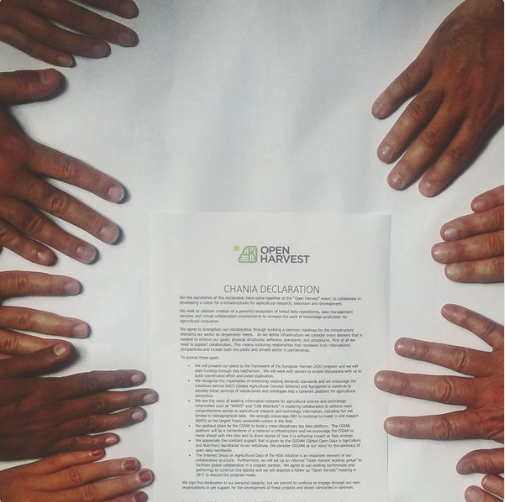
As 2020 shed its light, the economic and political environment in which this discussion takes place changed dramatically. All stakeholders working on the digital transformation of food and agriculture are facing important challenges. For the organizations, initiatives but also individuals supporting the role of scientists in both the public and private sector, important questions come forward:
- How close are we to the vision of a common data ecosystem?
- Do we still believe that a shared global data space will propel the industry forward?
- How important, relevant and possible is it to develop digital science infrastructures as collaborative and community-driven resources?
To take this discussion further, we have worked on a discussion paper on “Future Science Recommendations for Food and Agriculture” with invited contributions from Europe and the world. This work has been facilitated by the H2020 AGINFRAplus project, but goes much beyond to reflect upon the achievements (but also the failures) of the community so far.
We wanted to redefine what the future looks like for digital science in food and agriculture. To highlight the important next steps. To ensure that alignment and collaboration between European and international stakeholders continues, stronger.
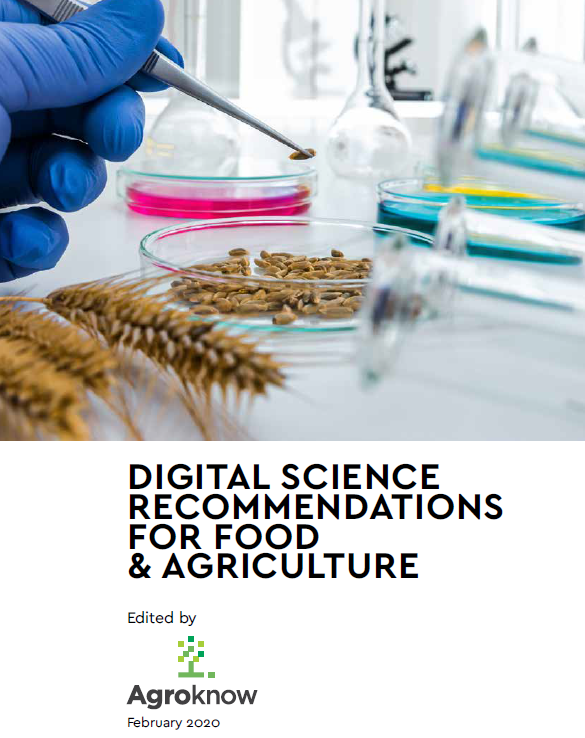
This is why with pride and pleasure we announce the official publication of this discussion paper (can be found at this link). By editing this volume, we have tried to take stock of where we stand today as a community. We are grateful to the contributions of important stakeholders and initiatives. In all the position statements that they have provided, we read the same message — and the same desire: let’s work more; let’s work together.


